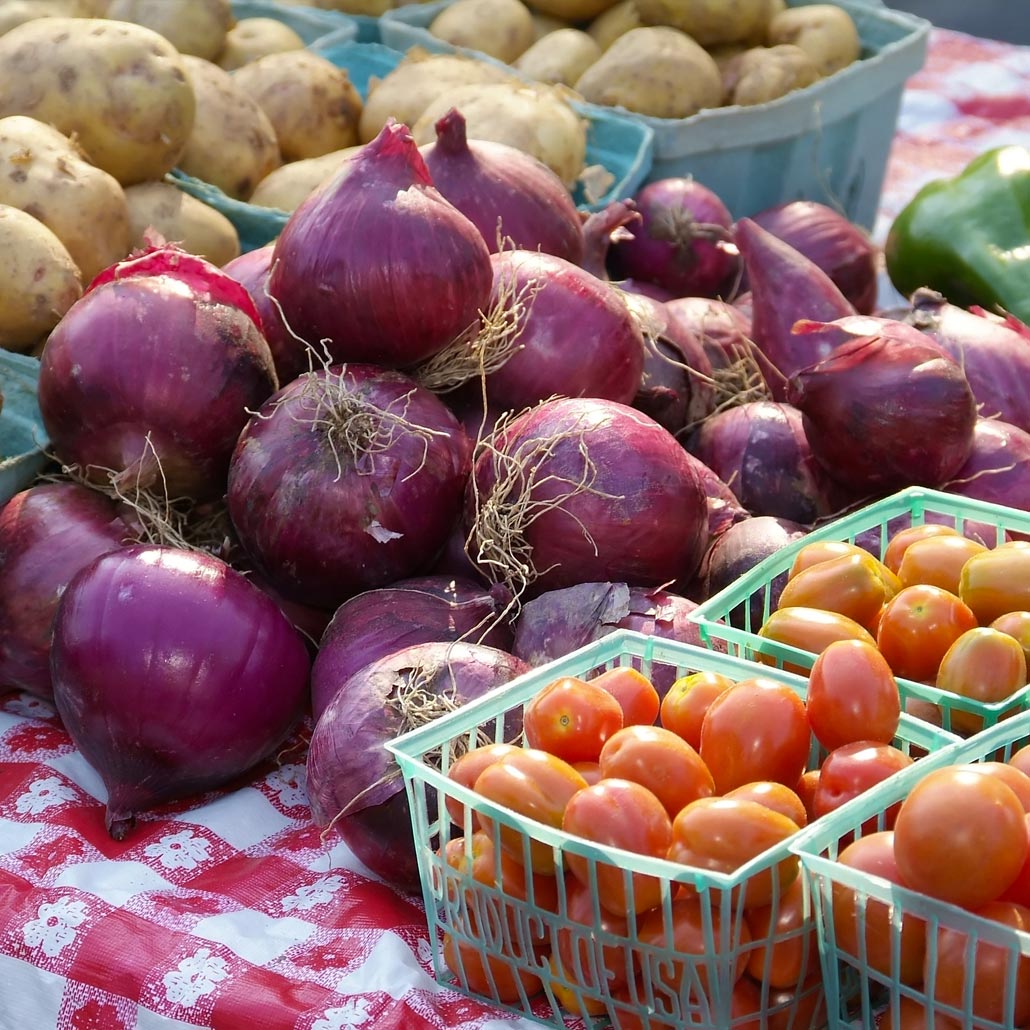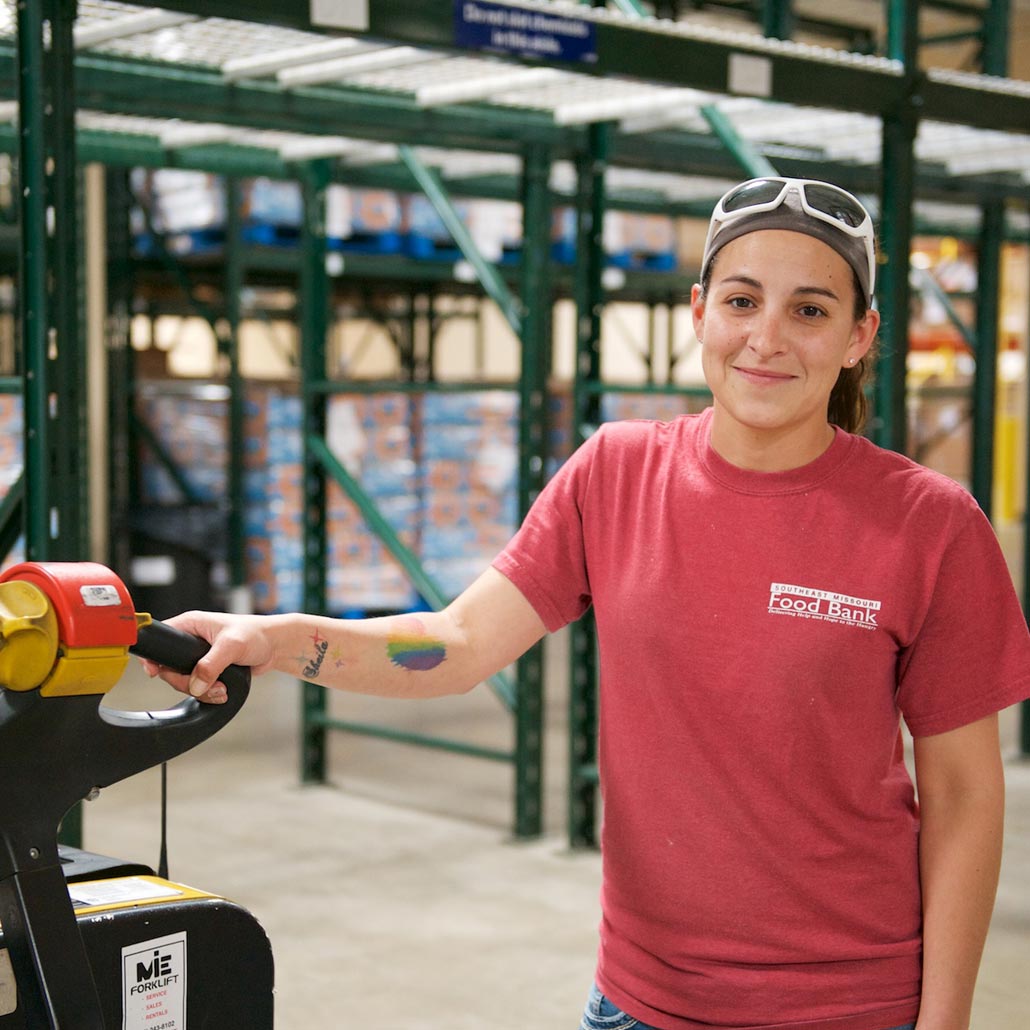Food Systems
A food system that centers racial, social, economic, and environmental justice.


About the initiative
Our Food Justice initiative aims to transform the industrial food system in momentous pursuit of systems change. The twenty-year initiative will build collaborative efforts to galvanize shifts in current policies and practices that shape the way Missourians eat. The Foundation will also focus on strengthening local food systems, resulting in thriving communities where all Missourians have the foods they need to live active and healthy lives.

Why it matters
Insufficient access to enough food, or food insecurity, which was intensified by the pandemic, has profound consequences on physical and mental health. In adults, lack of adequate quality food can lead to a range of health problems like increased rates of depression, diabetes, and hypertension. For children, who are still growing, the adverse effects of nutrient deficiencies can impact their immediate health as well as their development. Research has linked food insecurity in children to behavioral and cognitive problems, asthma, anemia, and poor oral health.
Between 700,000 and 860,000 Missourians are estimated to not have enough nutritious food to meet their daily needs. This disproportionately impacts Black, Indigenous, and Latino people, immigrants, people with disabilities, rural communities, older adults, and people with low incomes.
Food insecurity is ultimately an economic problem driven by the concentration of market and political power in the industrial food system, systemic and institutionalized racism leading to racialized poverty, and economic disinvestment in rural areas and places populated by marginalized groups. Across the country, corporations profit at the expense of people and the environment.

How we’re changing things
To address urgent needs, we will work with food banks and pantries to improve the quality and variety of foods offered. Currently, many of these entities rely on major corporations for product donations, limiting available options for those who depend on them. We also plan to support staff and clients working together to identify and implement solutions to make healthy food more accessible.
Additionally, we will bring together safety net advocates from programs like the Supplemental Nutrition Assistance Program (SNAP), Woman, Infant, and Children Food and Nutrition Services (WIC), and school meals to push for policy changes that remove barriers to access. We will also launch a public awareness campaign to promote SNAP enrollment and destigmatize usage.
Longer-term strategies will focus on building power and resources among those disproportionately affected by food insecurity. Loss of community control is a huge driver of food insecurity, so efforts will support sustainable regional food networks to put greater control of production and distribution into local communities. This approach will also foster the economic development of marginalized communities.

